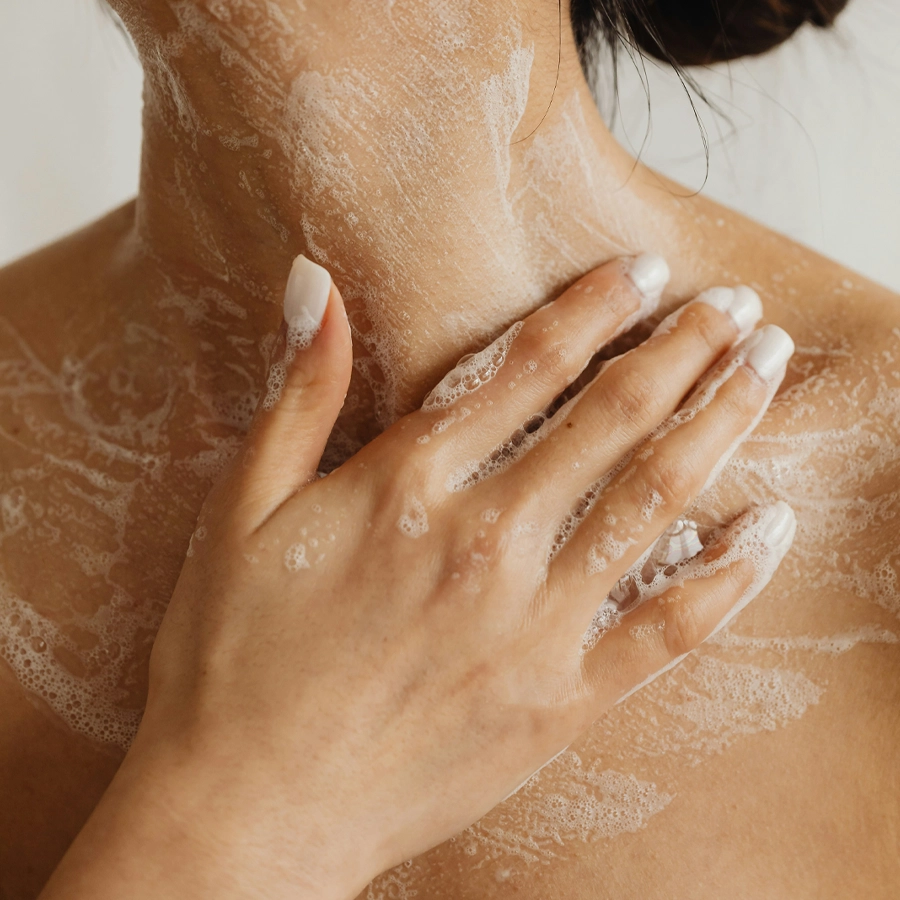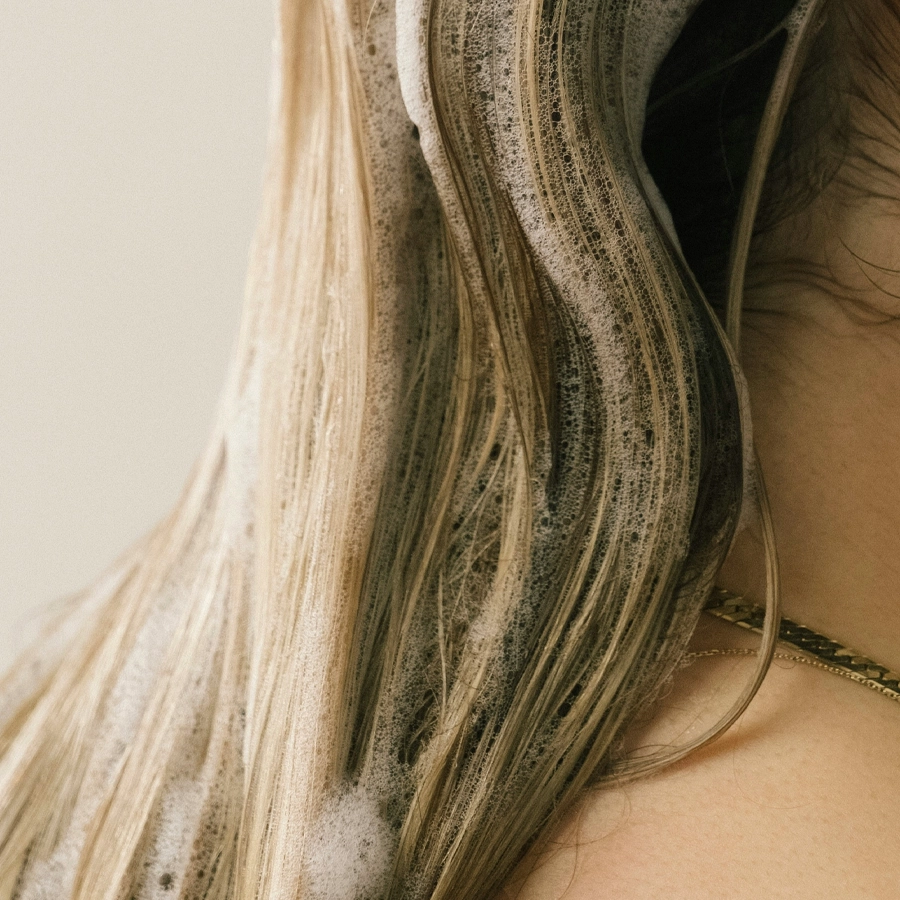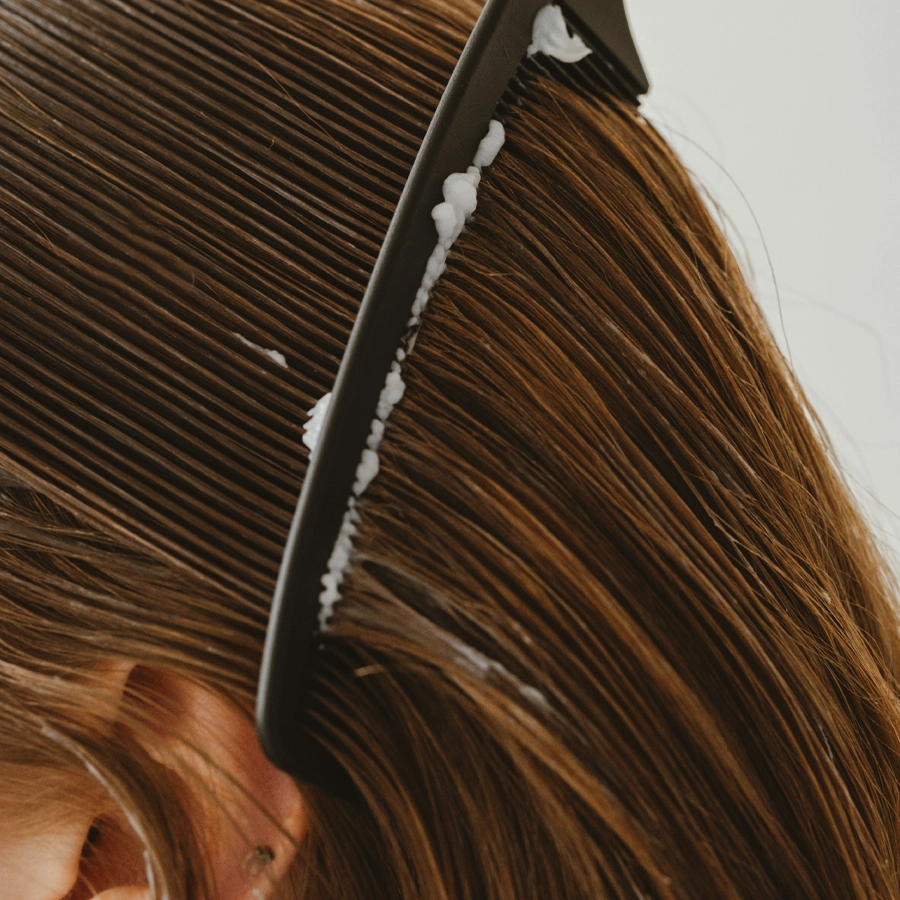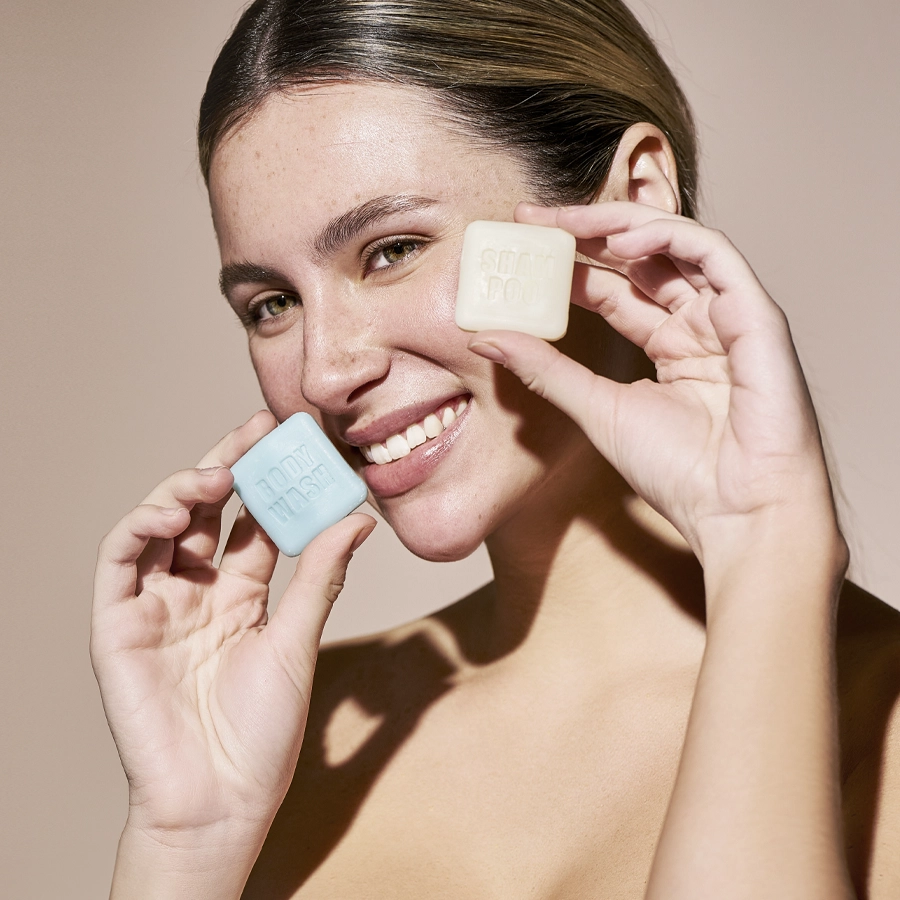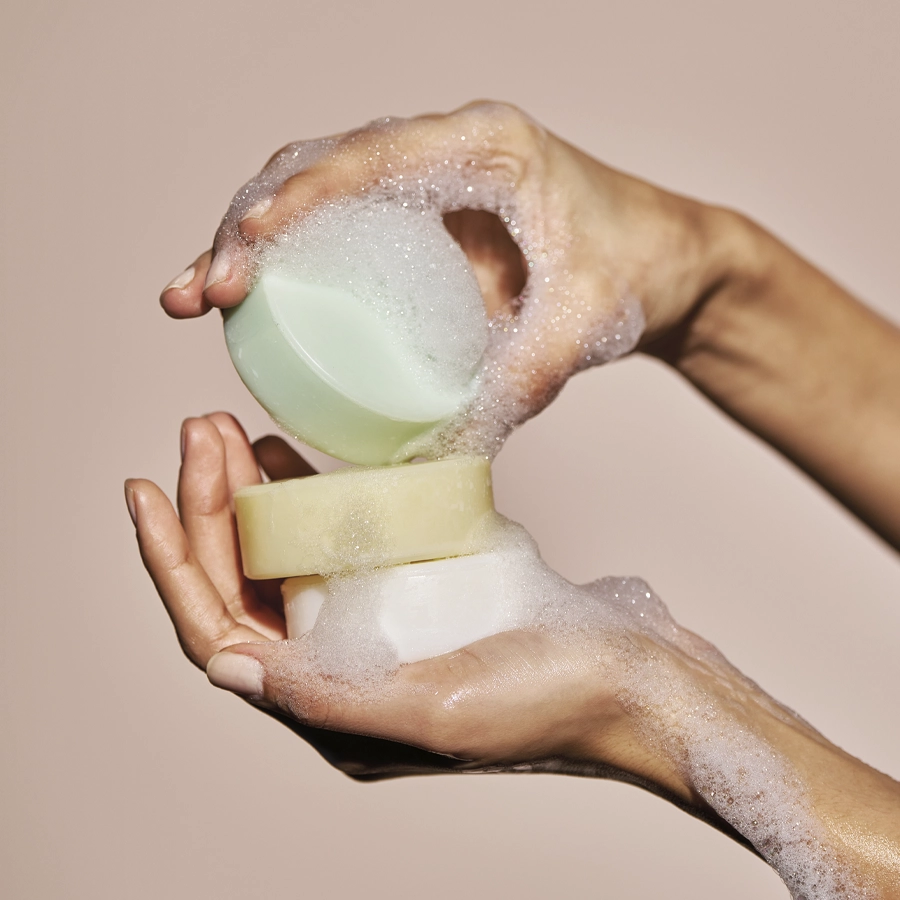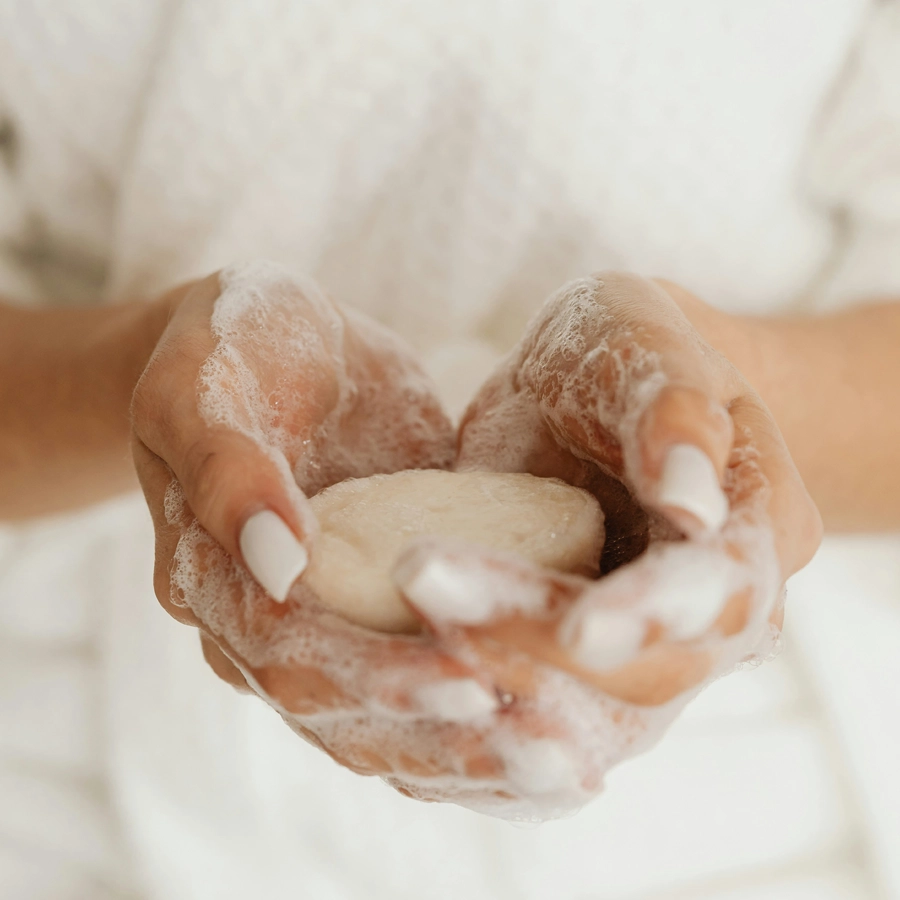
The first impression is the one that conquers; therein lies the sense in choosing the ideal hotel welcome-kit. Albogroup places its expertise in cosmetics at the service of quality reception.
The essence of hospitality: what should guests find in a holiday home?
An abundance of supply and an increasing level of facilities are factors that are good for reception in general. However, this requires ever greater commitment; the guest must be courted and conquered.
Surprise is the key, the common thread must be quality. While classic snacks may be restricted due to intolerances and allergies, essential cosmetics are always a useful gift. Hygiene items, toothbrush and make-up remover wipes can be an idea.
Hygiene and cleanliness in the welcome kit for a memorable welcome
Surprising is the most powerful way to be remembered; it is crucial that this is done in a positive way. One tool is mini-sizes, hotel amenities that are useful during the stay, but not only.
Disposable packaging is the key to success; this is the meaning of Albogroup’s products. Considering COSMOS NATURAL certifications and organic nature, quality is a prerequisite. Pure White, Deep Black, Argan, Beba Lena & Friends are some of the dedicated lines.
Customisation and flexibility: how to adapt the welcome kit to guests’ needs
Emphasising one’s brand is important; it is no coincidence that Albogroup pays special attention to personalisation. The welcome kit must associate quality with the brand; making it eye-catching can do even more.
Understanding the guest can be the key to making a difference, that’s the value of an offer that ranges across needs. A family with children has different needs than the travelling professional, the kit needs to adapt to them.
The final touch: white towels and details that make the difference
Perfection is built through details. In a dimension now fluid between lived life and social reel, every detail passes through a powerful sounding board. This is the reason behind a maniacal attention to detail.
One’s own logo on the towels, strictly white, but also a particularly photographic juxtaposition in the choice of flowers and colours are some of the details “of the trade”. Putting love into it is the secret, passion is the real added value.
Contact us for more information on our services
Albogroup Welcome Kit for Hotels and B&Bs
The selection is designed for the level reception, always setting the target towards quality. Great experience and an innate aptitude for innovation form the basis of the Solid.O proposal. Cosmetics lose their liquid structure to make room for ingredients from nature. This means standing out, thinking ahead.
Solid Shower Bath Kit
The compact size of the Solid Shower Kit might betray its great potential; perhaps this very fact contributes to the surprising effect. A pair of compact solid bars and a soap bag made of breathable material are all that is needed. The rest is in the composition.
The soothing function of the Shea butter provides unexpected relief on contact with the skin, the Calendula extract moisturises the skin and improves its elasticity. The effect is energising; the quality of the product shines through from the first use. It is ideal for an upmarket welcome.
Energising Solid Body Wash
The ergonomic shape gives the energising Solid Body Wash a more dynamic appearance. The 15 gram size is perfect as a solution for travellers; it is the ideal gift for guests staying at the hotel for short periods and perhaps travelling by plane.
Fractioning the courtesy cosmetic means multiplying its use; that is the true meaning of the compact solution. Quality is confirmed by the absence of PEG, SLS and other synthetic preservatives. One appreciates the product from the very first contact with the skin.
Revitalising Solid Hair & Body Wash
The Revitalising Solid Shampoo for Hair and Body is the ideal cosmetic when travelling, perfect for those who have little time but do not want to give up the well-being of a regenerating shower. The solid solution combines the virtues of sesame oil with those of olive oil for complete hygiene.
The formula is designed to increase skin protection. The effect on the scalp is regenerating, the cleansing action combines with its fluidity in a texture ideal for massage. It is perfect before going out in the morning.
Solid Moisturising Shampoo
The Moisturising Solid Shampoo has a compact form; the low amount of water it contains and its being plastic free are just some of the advantages. This is why the solid shampoo is among the amenities increasingly appreciated by hotel guests. The natural formula expresses a gentle cleansing action. The result is soft hair immediately after application.
Rice proteins give a volumising and restructuring effect on the cuticle, the hair gains shine. Provitamin B5 prevents dehydration and ensures even firmer styling. Quality combines with a smart approach in the Solid.O. courtesy kits.
The choice of the Albogroup hotel welcome-kit not only provides essential elements during your stay, but also represents a true statement of intent: to offer a unique and memorable experience from the very first moment of your stay.
Our commitment to quality cosmetics is reflected in every product we choose to welcome guests, ensuring that every detail contributes to an atmosphere of well-being and luxury.

